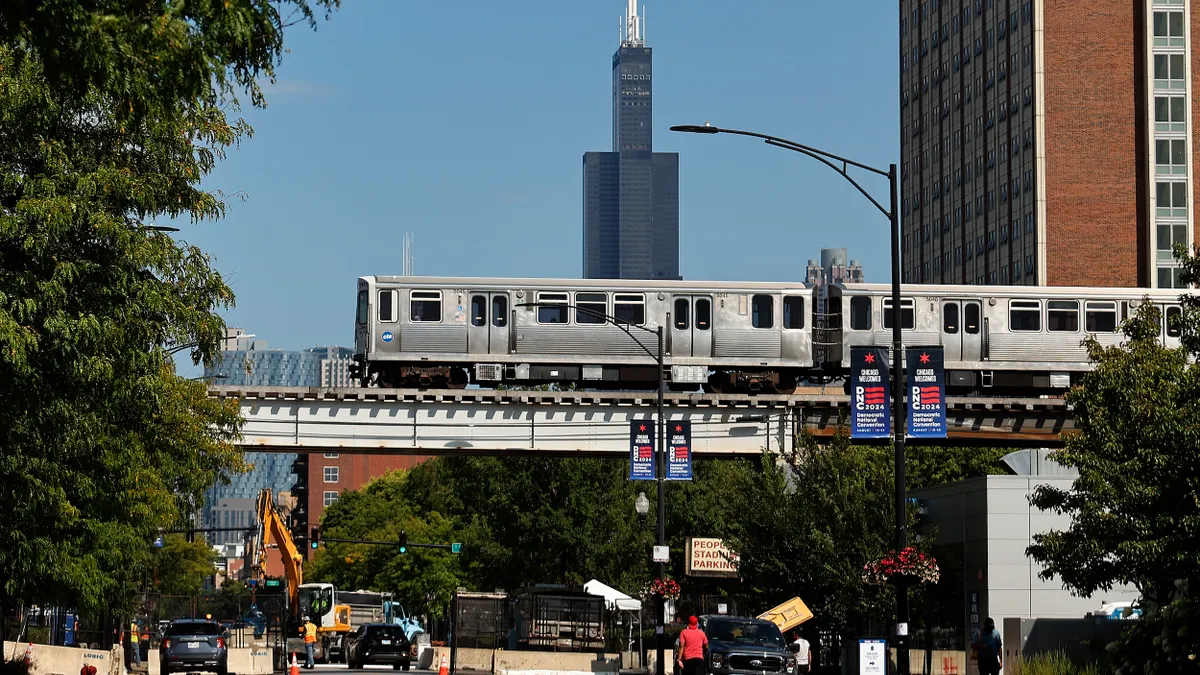Related bills were introduced in the Illinois General Assembly’s two chambers to alleviate the Regional Transportation Authority of Northern Illinois’ fiscal crisis, but Rob Nash, director of government affairs for the RTA, warned in a July 24 board of directors meeting that the proposed legislation adds new mandatory responsibilities and could impact the region’s ability to fund transit projects and slow decision-making on issues such as bus routes.
The Regional Transportation Authority faces a $771 million budget gap in 2026, which could grow to $1.2 billion the following year without additional funding. The agency said it needs to begin planning for a 40% cut in service for the Chicago Transit Authority and Metra commuter railroad, with the loss of nearly 3,000 transit jobs.
The House and Senate bills would reorganize the transit system under a regional entity called the Northern Illinois Transit Authority. It would shift certain responsibilities from three individual agencies to the regional authority and add more than $1 billion in estimated new operating revenue. The legislation would also create a statewide $1.50 package-delivery fee and a fee on businesses engaging in electric vehicle charging to help fund the transit system.
The proposed legislation includes a mandate to buy only zero-emission buses. However, these come at a higher price than traditional transit buses and have large production backlogs. Battery-electric buses can cost over $1 million, about twice the price of a traditional diesel-powered transit bus. Nash said this “could lead to fewer buses available for service over the next decade.”
While the proposed House and Senate bills were similar, they differed in ways that required resolution. The last reading of the bills in the two chambers went along party lines, with the House voting 68 to 39 and the Senate voting 32 to 22, with three Democrats voting nay, short of the three-fifths needed for passage.
The Illinois General Assembly ended its spring legislative session May 31 and would have to come back in special session or its annual veto session in the fall to take up the bills again this year.
Nash said Illinois Gov. JB Pritzker and the legislators “intend to continue to work on transit funding and reform through the summer into the fall, but a firm timeline has not been set for any future legislative action.”











